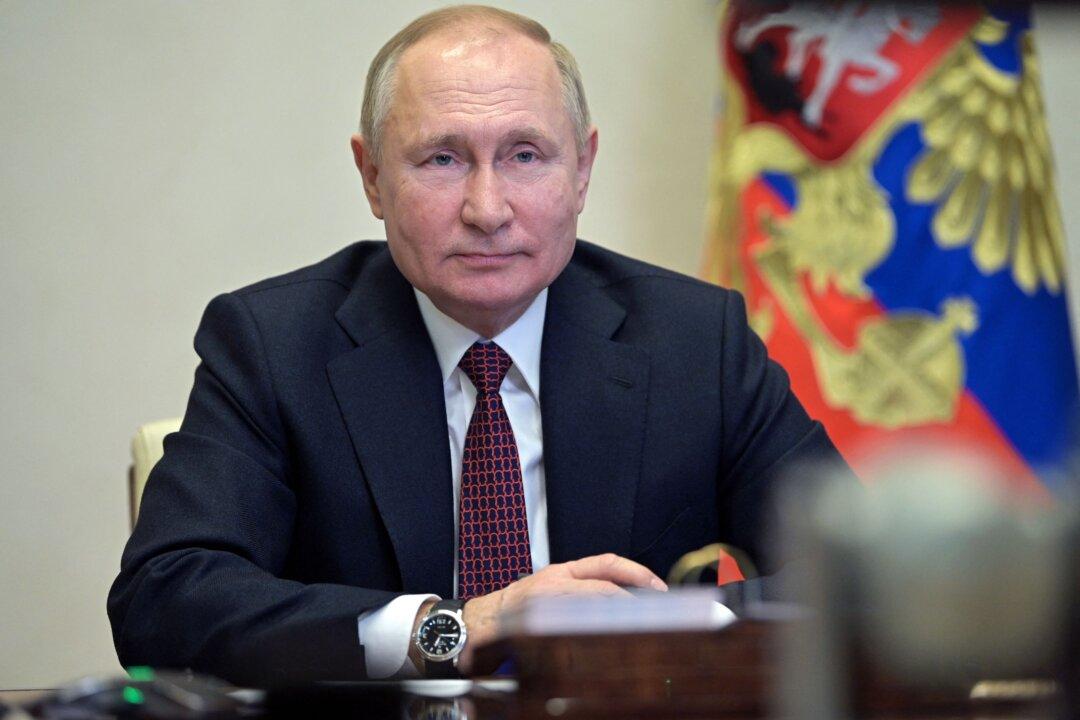The president of Russia said on Friday the United States and its NATO allies have ignored Moscow’s security demands, while a top Kremlin official said Russia does not want a war.
“There won’t be a war as far as it depends on the Russian Federation, we don’t want a war,” Foreign Minister Sergey Lavrov said during an interview with local radio stations. “But we won’t let our interests be rudely trampled on and ignored.”





